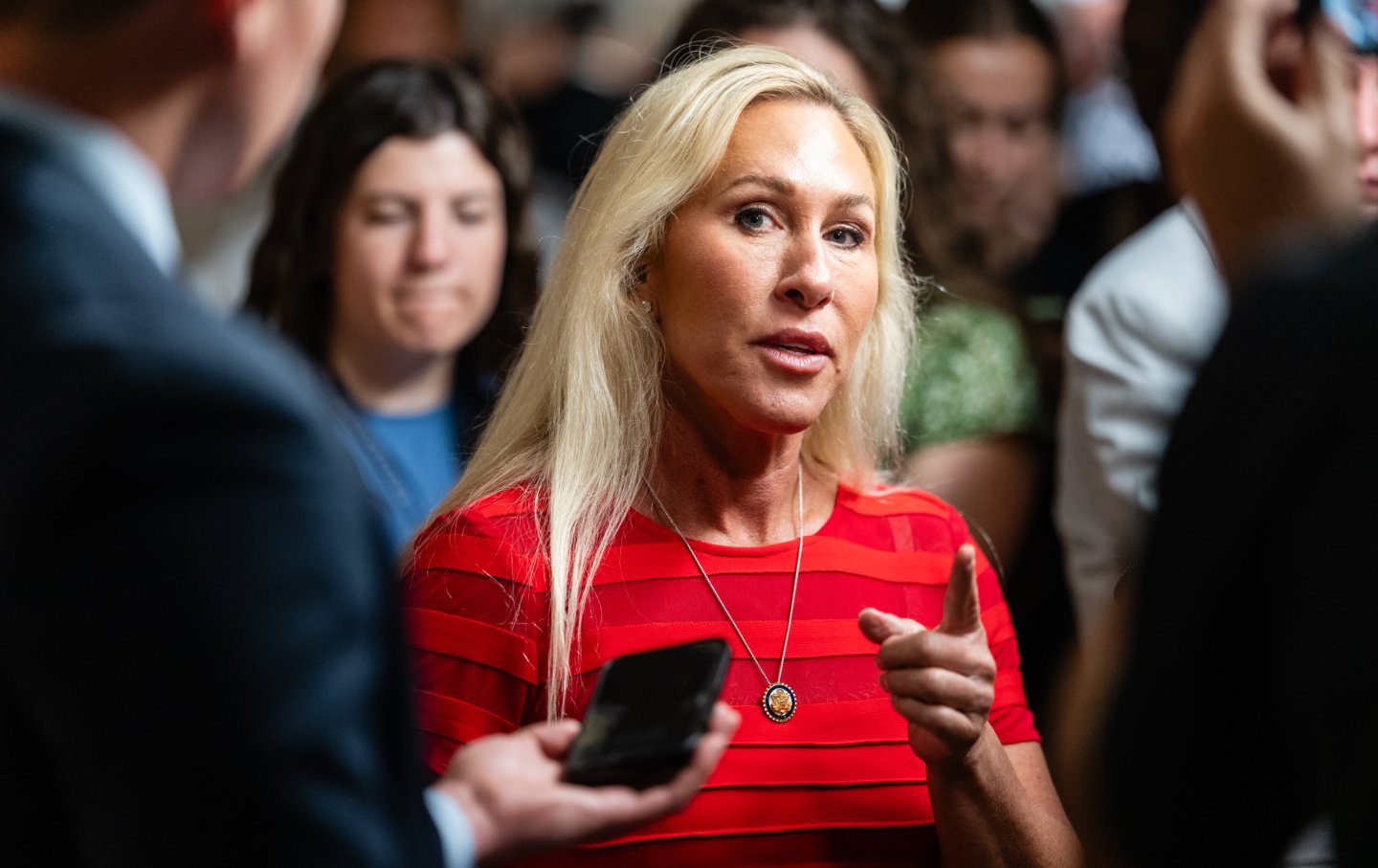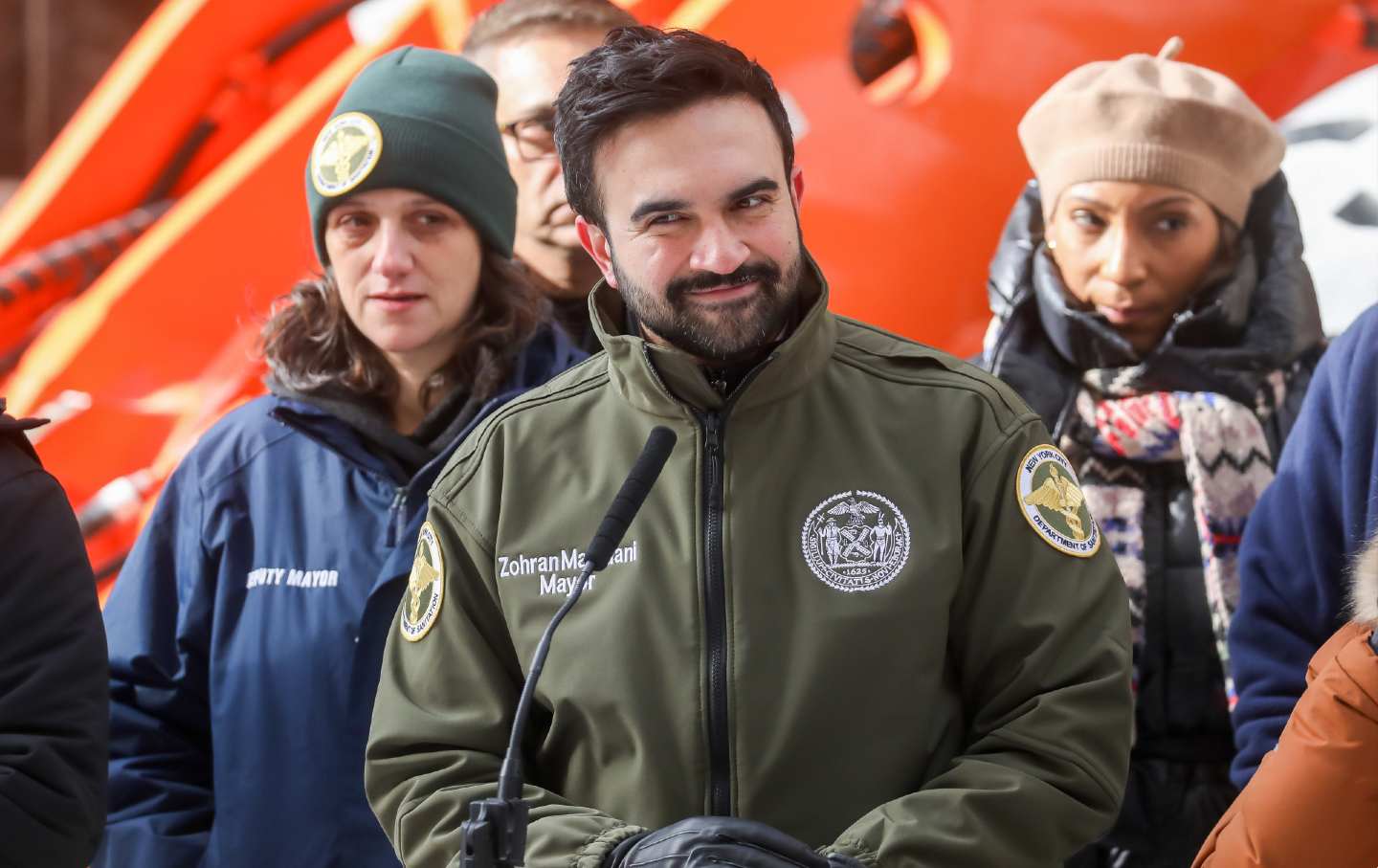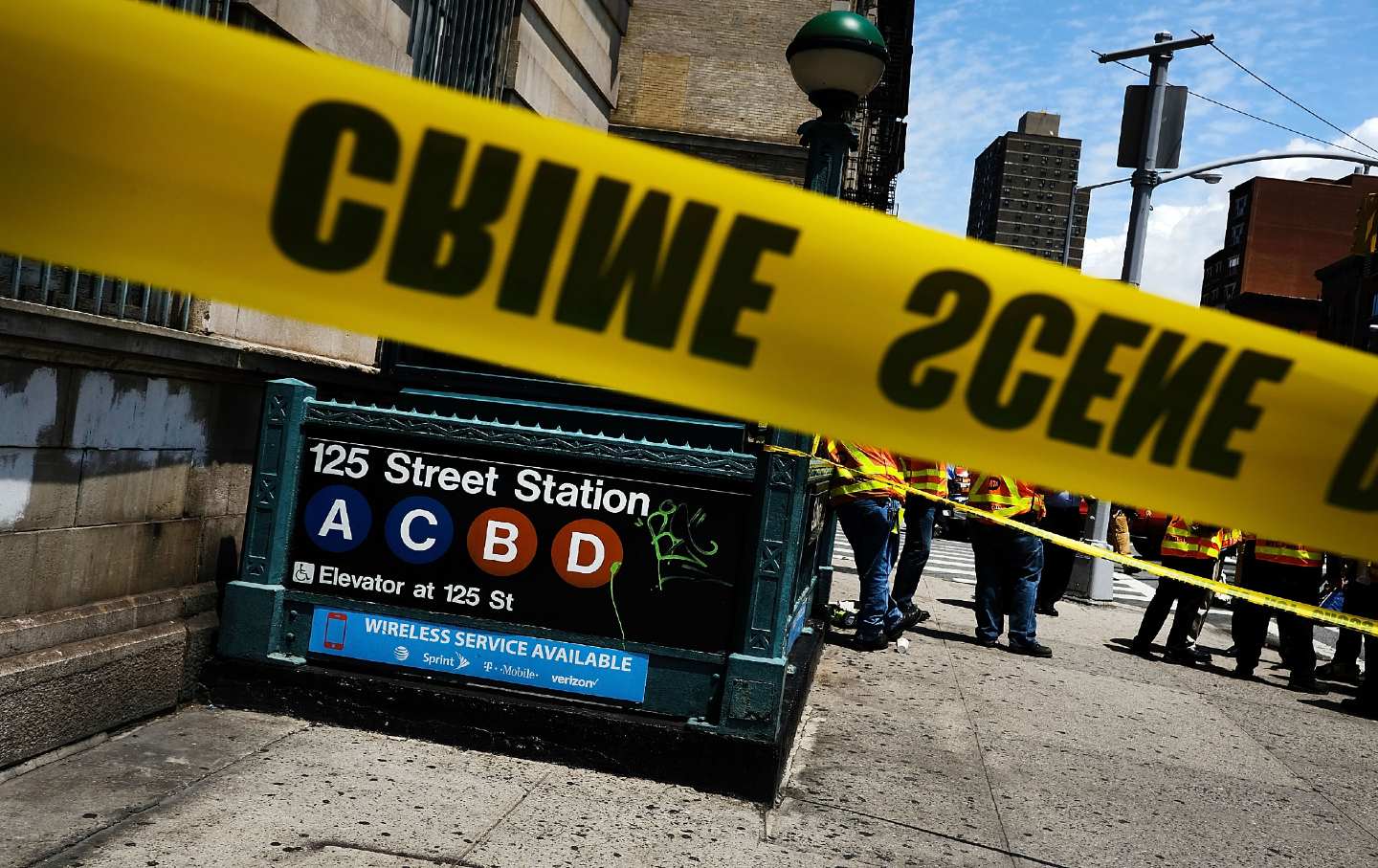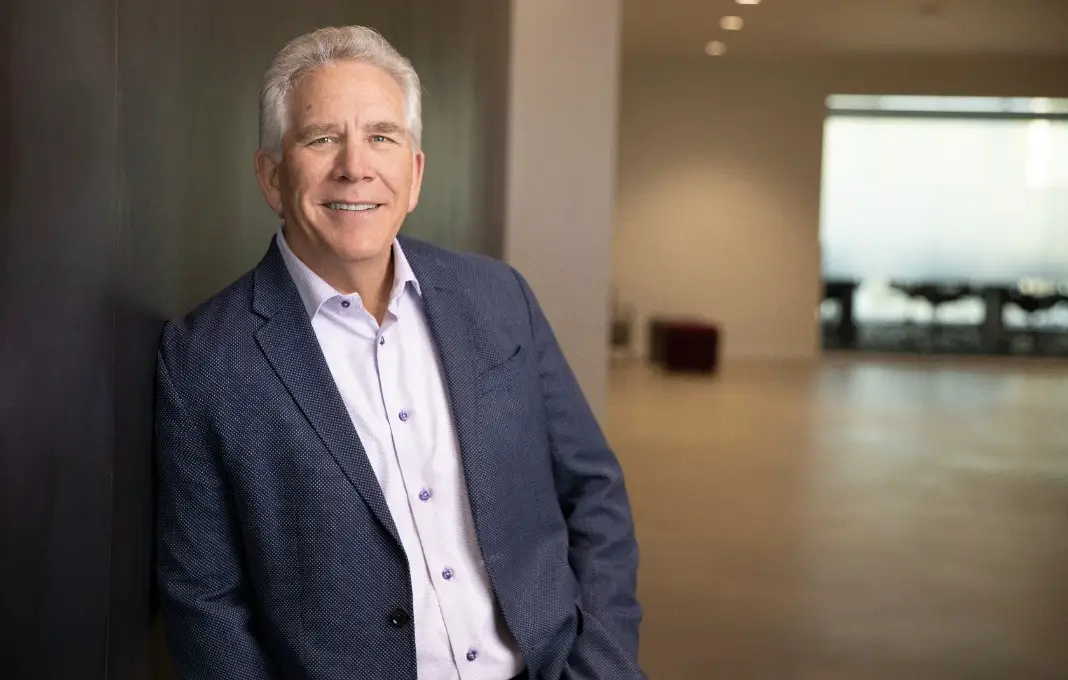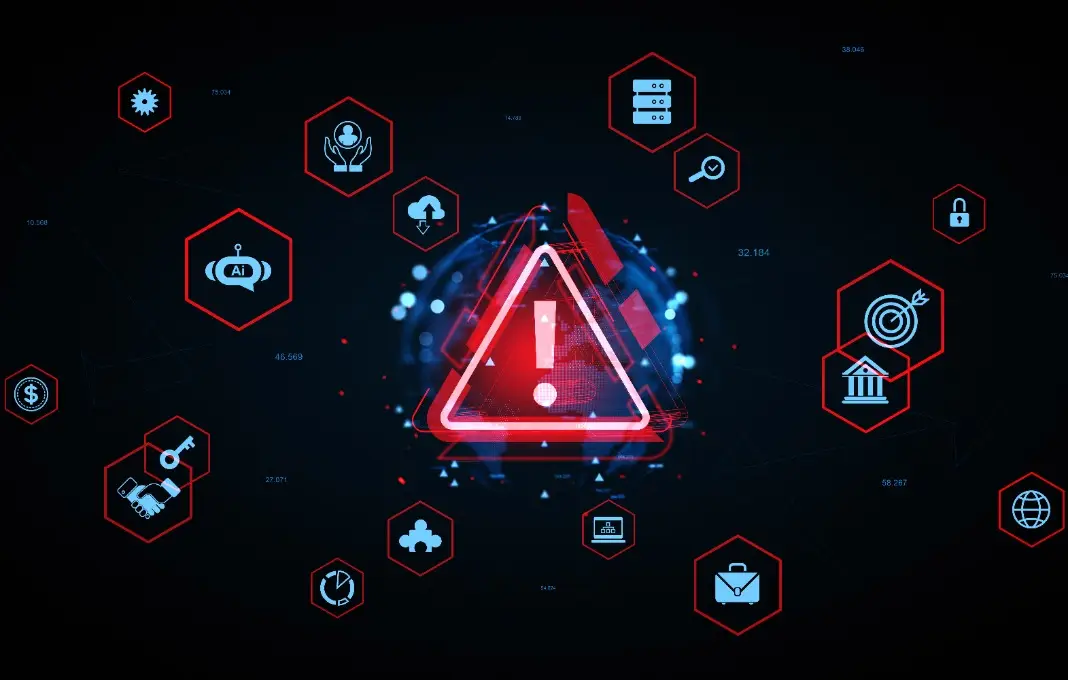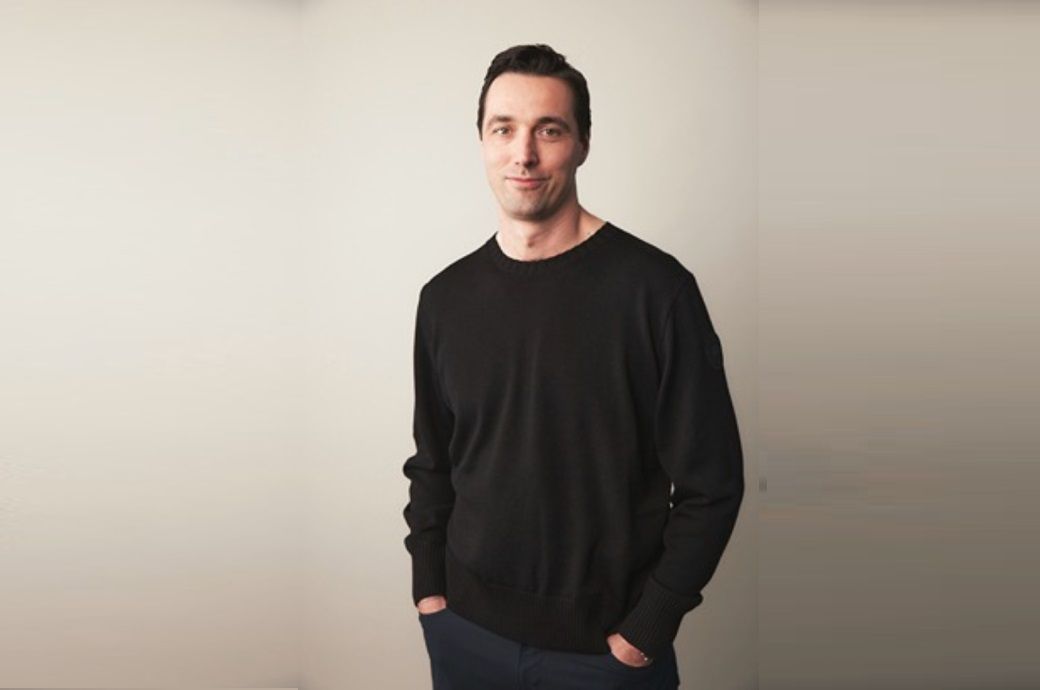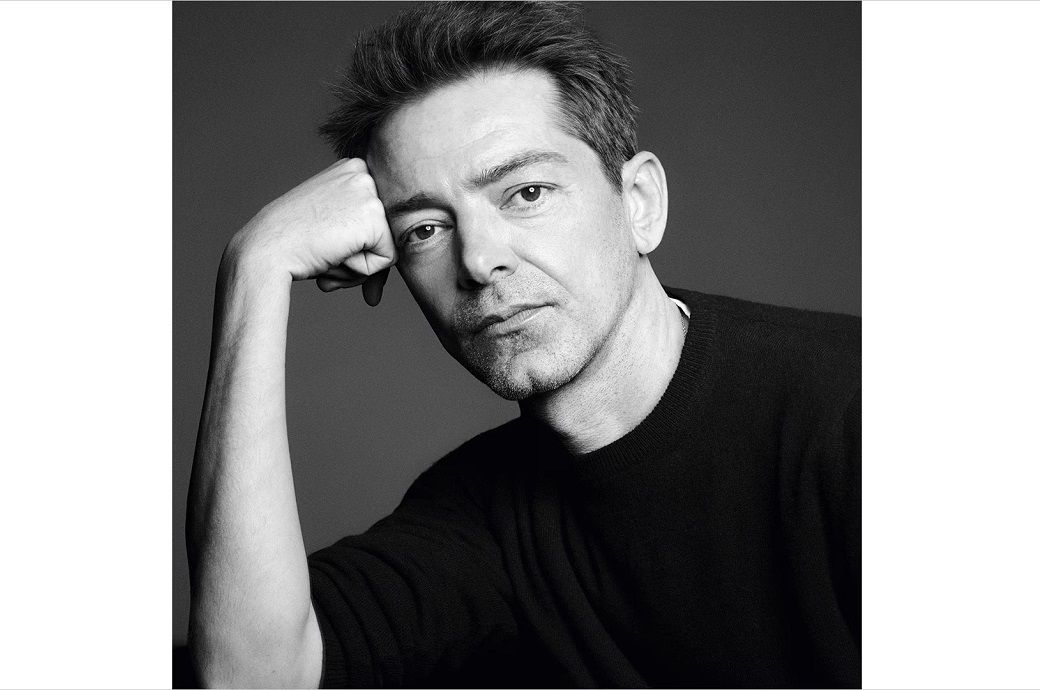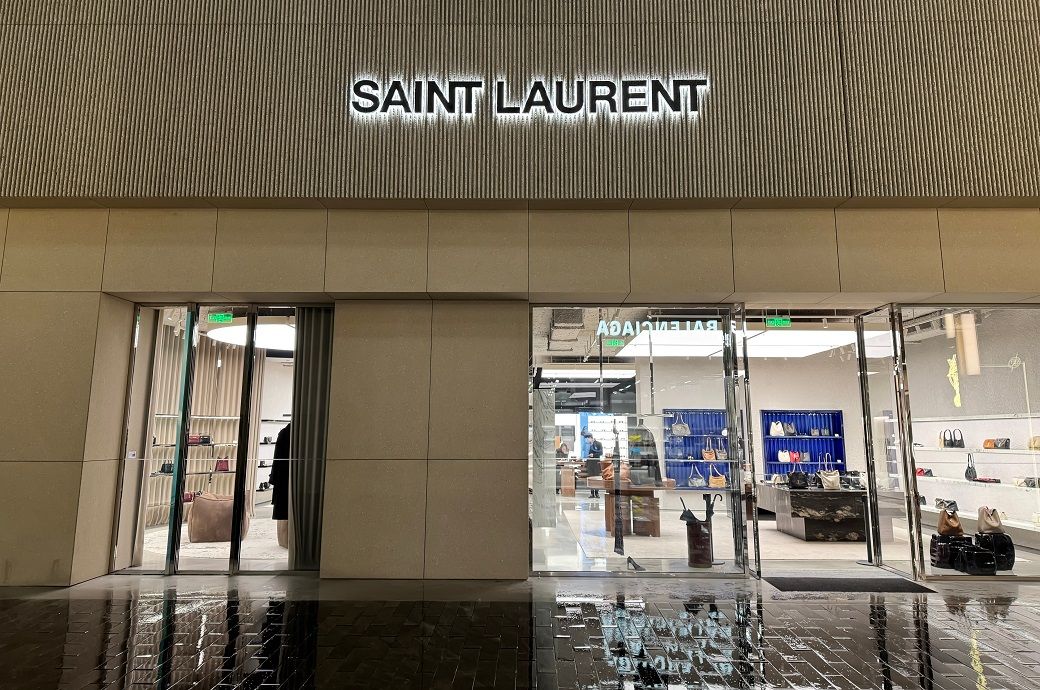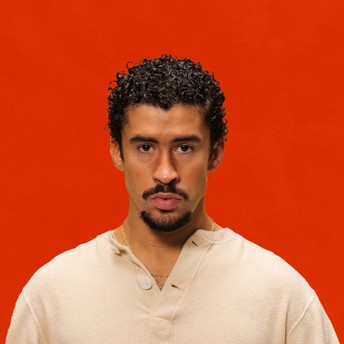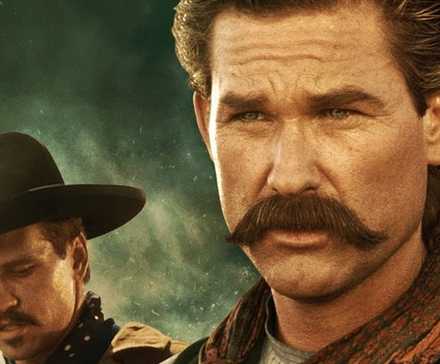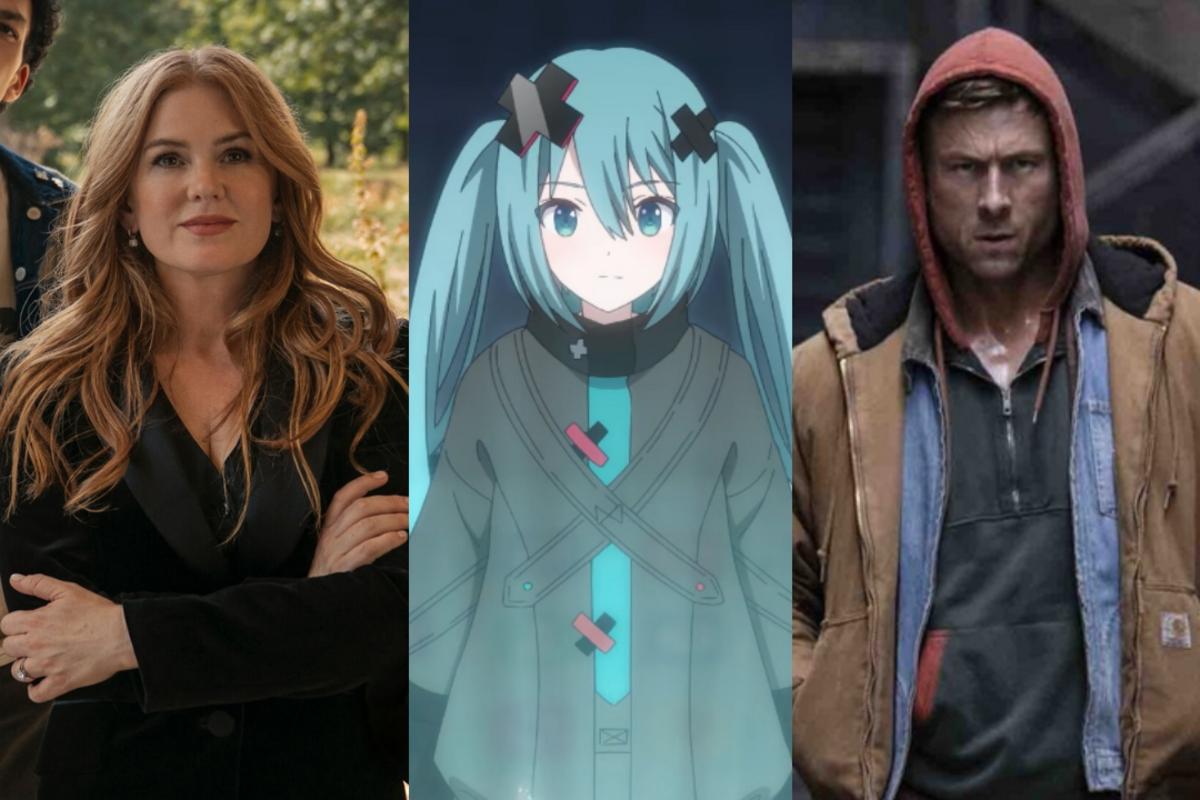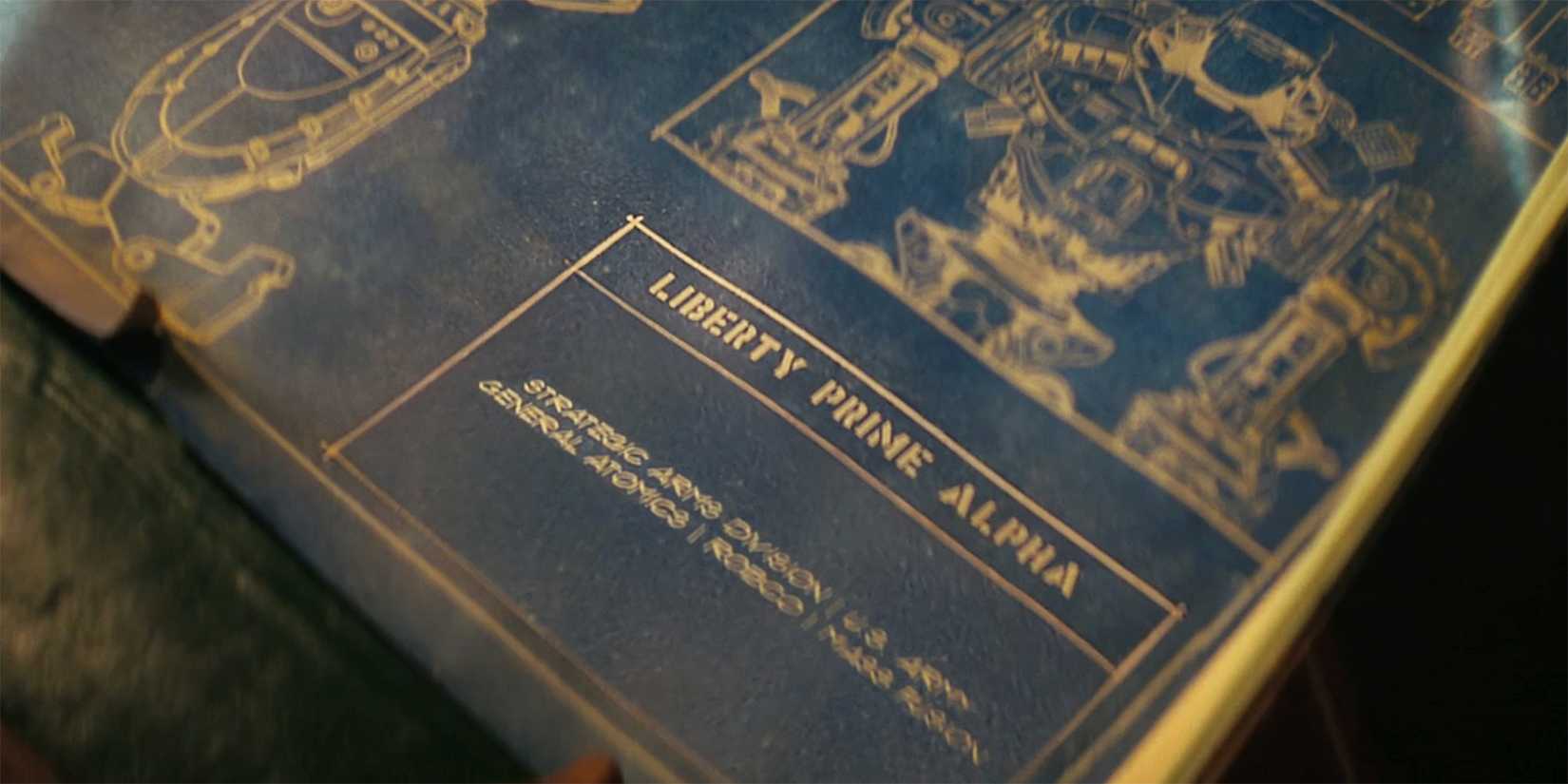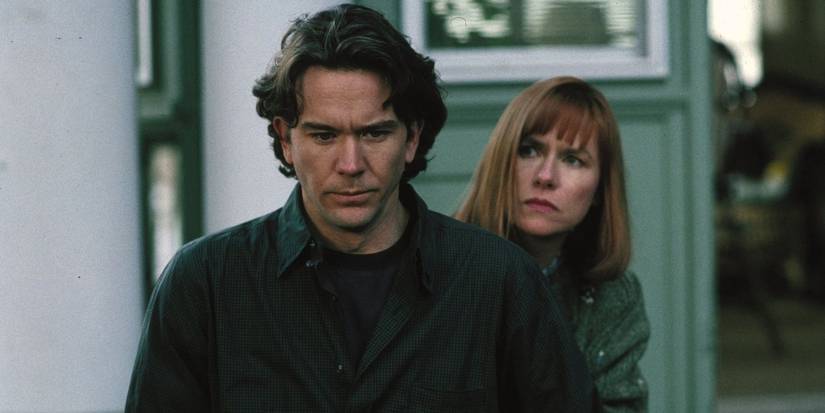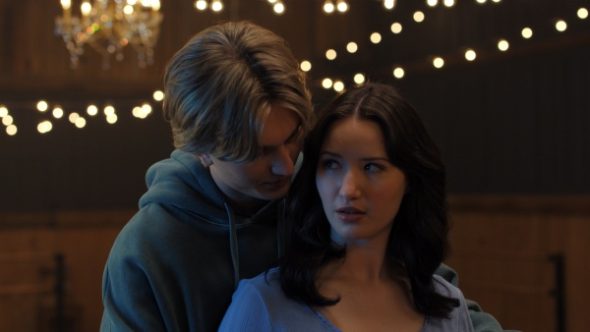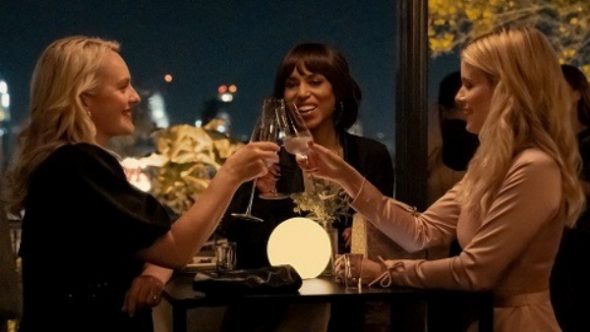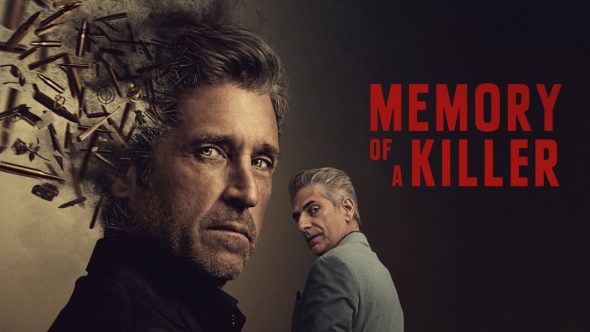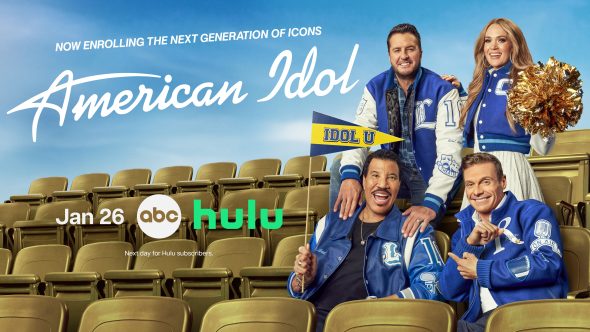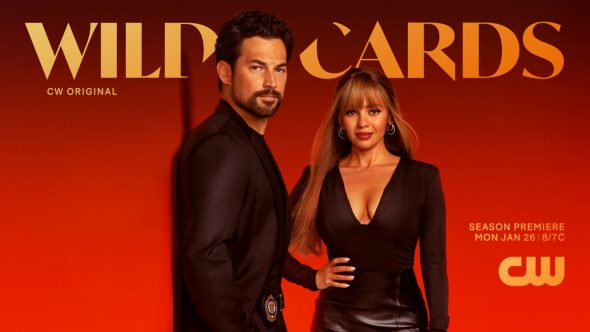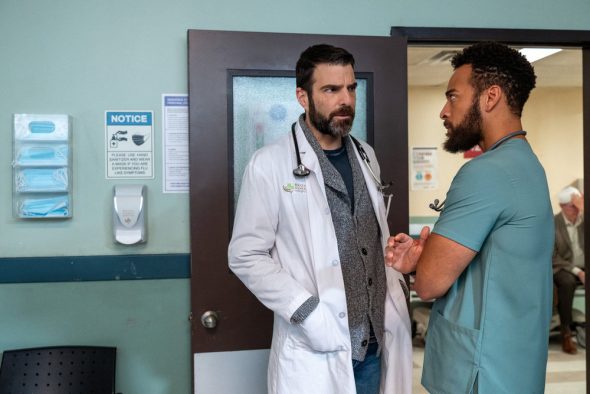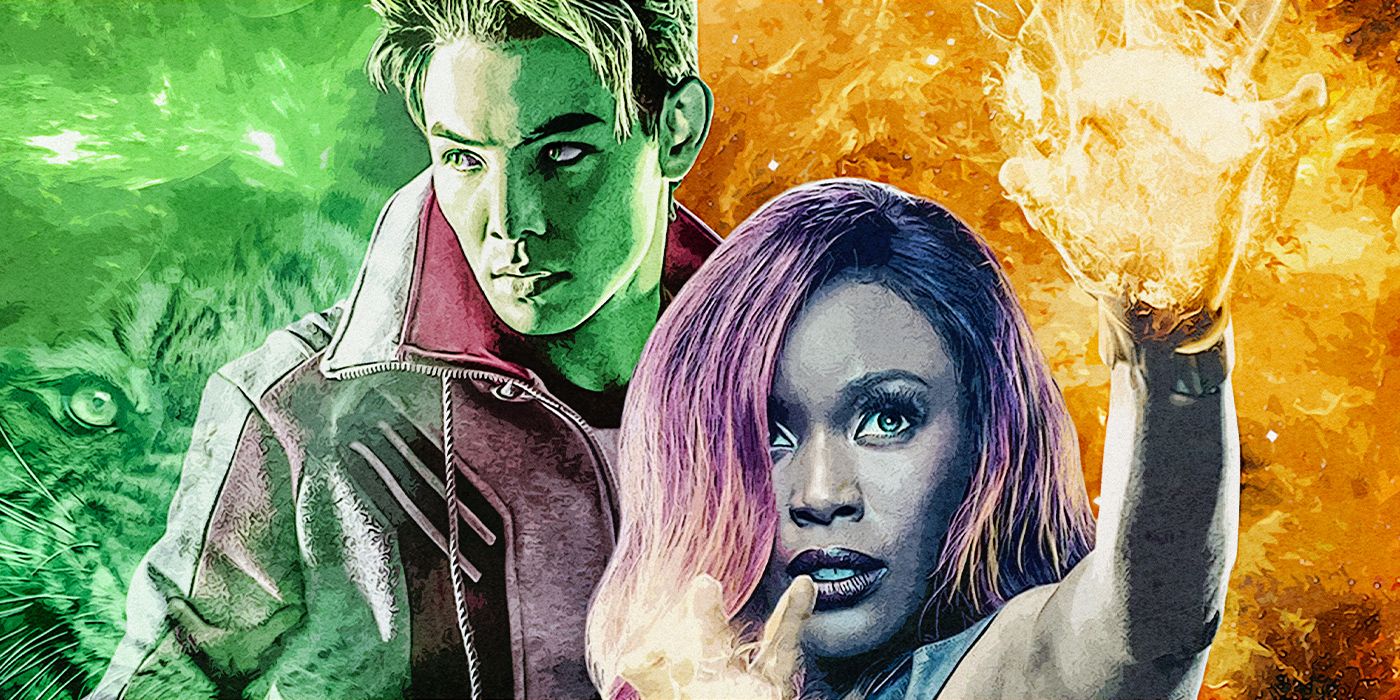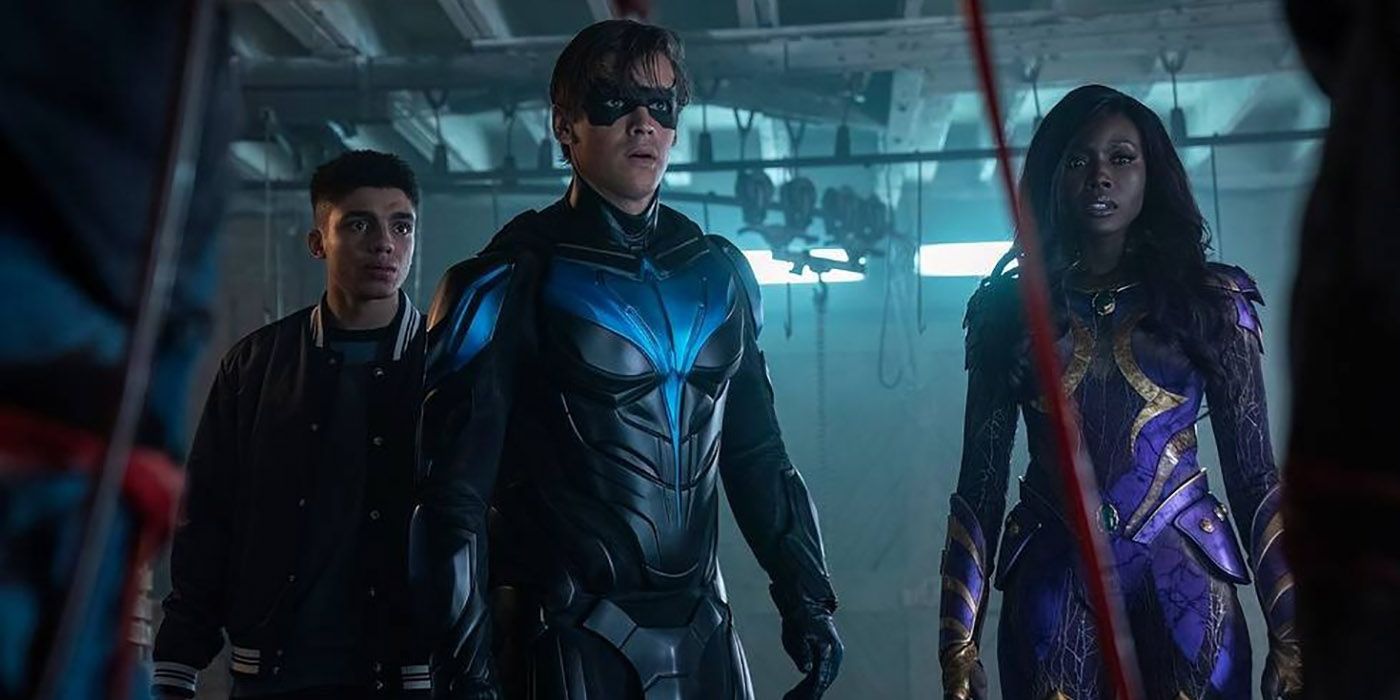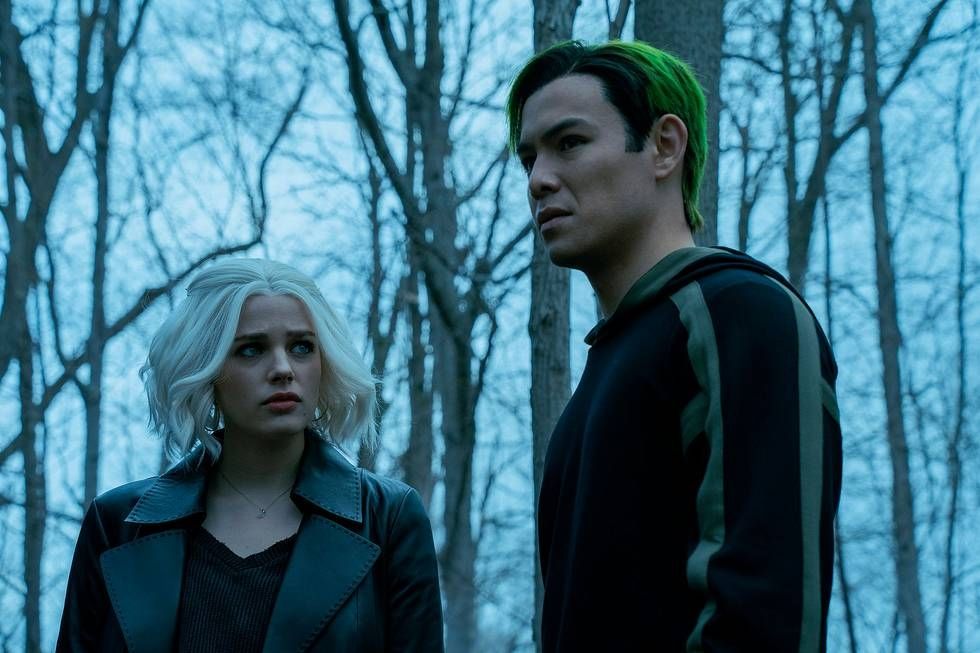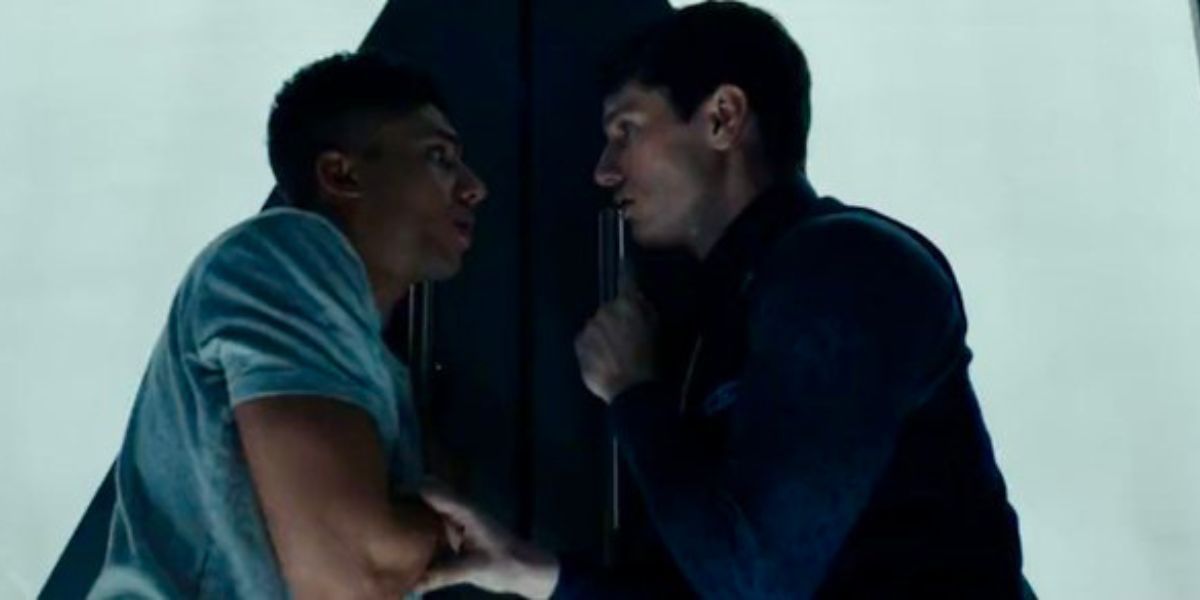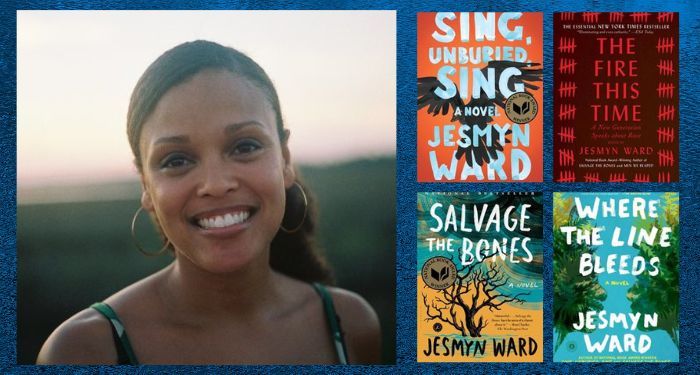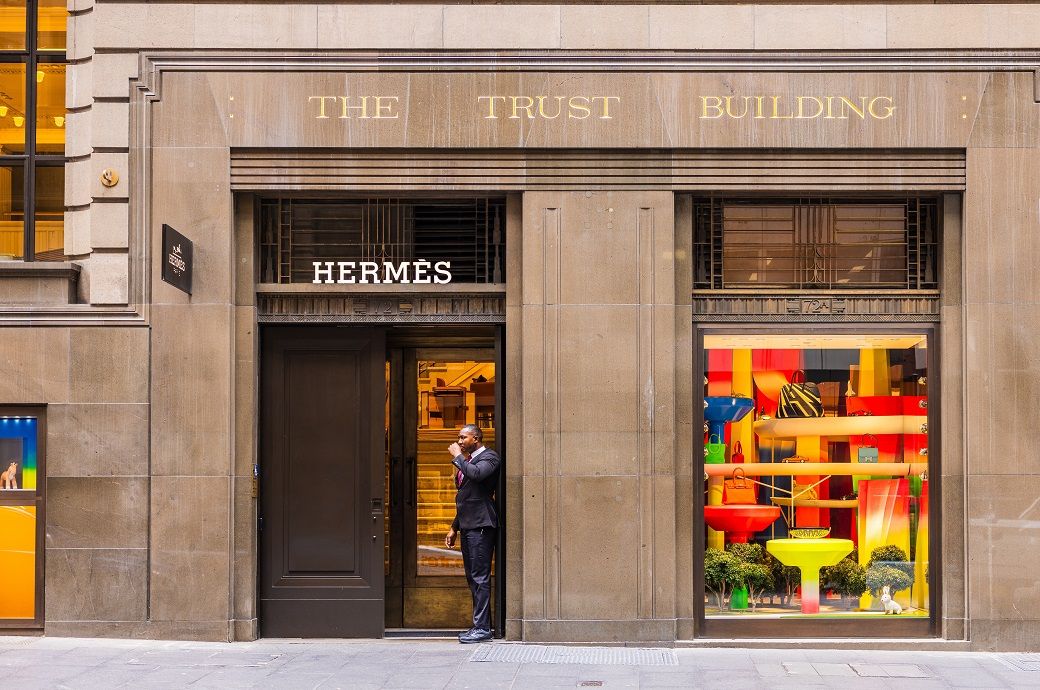[ad_1]
The many changes in the world of DC Comics’ live-action properties have claimed more victims. Titans and Doom Patrol will both be concluding with their respective second parts of Season 4. The writing was perhaps on the Bat-Signal, but the loss of both shows, especially Titans, is another blow to diversity in the superhero landscape.
The complete overhaul of Warner Bros. comic book content has meant we’ve lost a lot of representation for queer characters and people of color. In 2021, DC’s Legends of Tomorrow and Batwoman were both unceremoniously canceled, while Supergirl, Naomi, and Stargirl came to premature ends. These shows featured casts full of female characters, actors from a variety of ethnic and racial backgrounds, as well as LGBTQ+ characters in the main cast. Shows like Batwoman and Supergirl also tackled contemporary socio-political issues. Titans similarly incorporated inclusivity that’s still missing in genre fare. Superhero properties have been largely white and male for decades. It took Marvel and Disney 18 films to put a Black character in the lead, and another couple before introducing a film with a woman in the lead. The DCTV slate started with Arrow and The Flash, both led by straight white men.
Casting With a Diverse Lens
From the very beginning, the creators of Titans made bold moves, unlike their predecessors. They cast Anna Diop, a Senegalese-American actor, as Koriand’r/Starfire and Ryan Potter, who has Japanese heritage, as Garfield Logan/Beast Boy. In Season 3, Jay Lycurgo, who is mixed race, became the first actor to portray Tim Drake/the third Robin in a live-action property. Tim is also part of a multicultural family, which is a departure from the comics. All the actors of color were cast in roles that had been canonically assumed to be white in the source material. None of the characters’ races play a significant role within the context of the show, which is also a refreshing change. There’s a place for stories like that of Ryan Wilder (Javicia Leslie) on Batwoman, which tackled racial bias against the Black community in America, as well as those like on Titans where an entire powerful alien race is Black, and no one bats an eye about it.
Though not casting a Romani actor as Dick Grayson/Robin/Nightwing (Brenton Thwaites) was a misstep, the showrunners didn’t stop expanding the boundaries of representation on Titans. The show went on to cast Chella Man in Season 2—he became only the second transgender actor to play a superhero, Jericho, in a DC Comics adaptation (after Nicole Maines on Supergirl). The gender-queer actor, who is deaf, was also a rare instance of an actor with a disability playing a character with a disability.
Man would be followed by Samantha Welch, who joined Titans in Season 3 to play Commissioner Barbara Gordon/Oracle. The showrunners could have easily gone with the Batgirl version of the beloved comic book character, but instead chose to center Babs as a hero in a wheelchair. Welch herself is an amputee, and along with a stunt team, was able to portray Babs’ before and after her injury. During the season, Babs got to be part of fight scenes and rekindled a romance with Dick Grayson—arguably one of the comic book world’s hottest bachelors—all of which were treated as par for the course within the context of the show.
Several supporting and recurring actors on the show were also from marginalized communities. Veteran Latino actor Esai Morales stepped into the role of Slade Wilson/Deathstroke, while Chelsea Zhang played Slade’s daughter Rose Wilson. Elliot Knight also had a brief appearance as Don Hall/the original Dove on the show, and Damaris Lewis appeared as Komand’r/Blackfire in Seasons 2 and 3. In Season 4, scene-stealing villain Jinx is played by part-South Asian actor Lisa Ambalavanar.
Before the mid-season break, Titans introduced a gay romance between Tim Drake and Bernard Fitzmartin (James Scully), a slow-burn romance that’s still new in the comics. Though Tim has a long history of straight relationships in the comics, the showrunners added some much-needed queer representation to the show. We had only just begun rooting for these two kids, and now it looks like their romance will be cut short.
Diving Into Dark Topics
Beyond representation, the showrunners also didn’t play it safe with the subject matter. They dove into difficult topics like grief and child abuse from the very first season onwards. Hank Hall/Hawk (Alan Ritchson) was at the center of those dark topics; another change from the usual pop culture trope that ignores the cases of abuse towards male characters. What worked with Hank’s storyline was how tastefully it played out, with no sensationalism to the plot line, instead adding pathos to the character and giving him much-needed motivation for wanting to leave the superhero life. With Jason Todd/Robin 2.0/Red Hood (Curran Walters), the writers explored the perils of the foster system. The psychological damage the foster system caused Jason was an undercurrent for the character’s arcs across the first three seasons. It was particularly exemplified in hard-hitting scenes between Jason and his father figure, Bruce Wayne (Iain Glen) in Season 3 when the two ended up talking at cross-purposes leading to Jason’s death, and subsequent resurrection and manipulation at the hands of Scarecrow (Vincent Kartheiser).
Titans is far from perfect as a show, or as an adaptation. The first season had a slow start, with poorly choreographed action scenes, that only picked up from Episode 4 onwards. But it made significant strides in terms of representation, which was still a new concept four years ago. While we may want to hope the future of DCTV will be diverse, we are now losing something that was established, representative, and will be greatly missed. Breaking down a show’s merits by how diverse it was may seem like a pointless exercise, but in pop culture, we have so little. And with so many abrupt cancelations, it feels like we’re left with nothing. And given Warner Bros. Discovery’s track record of late, we can’t help but wonder if there’s an urgency to try to fill their now-empty slate with newer and more diverse properties.
[ad_2]
Original Source Link







